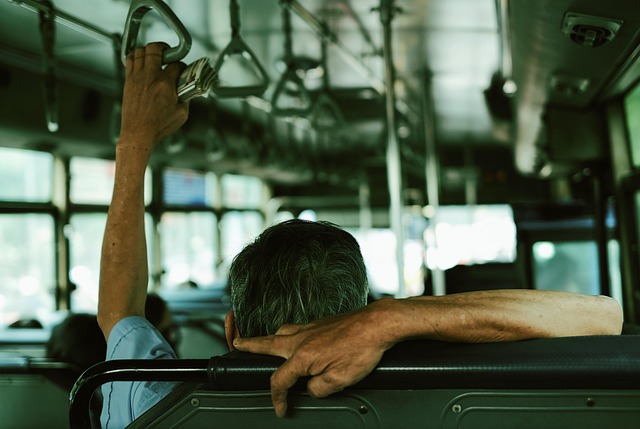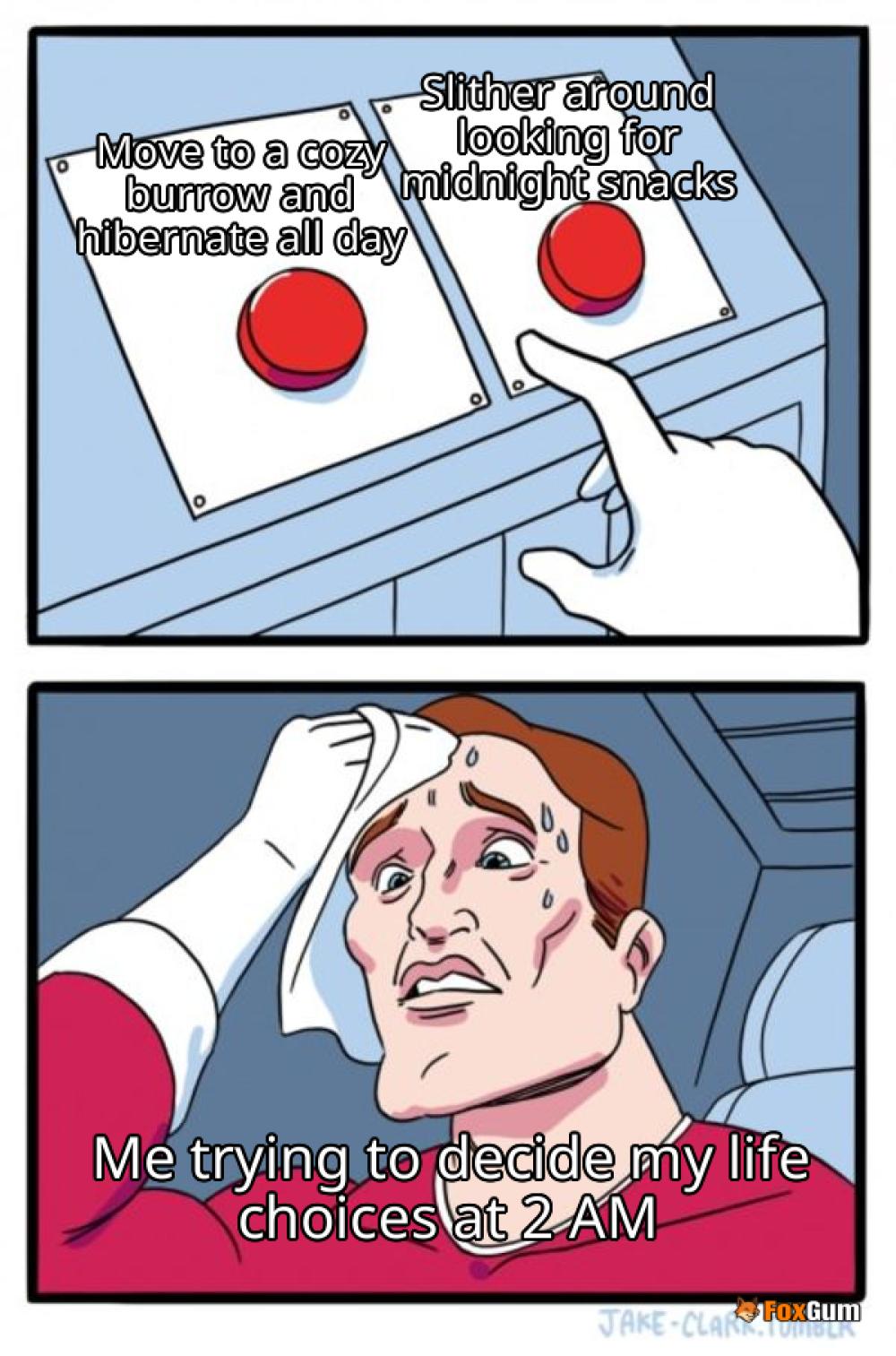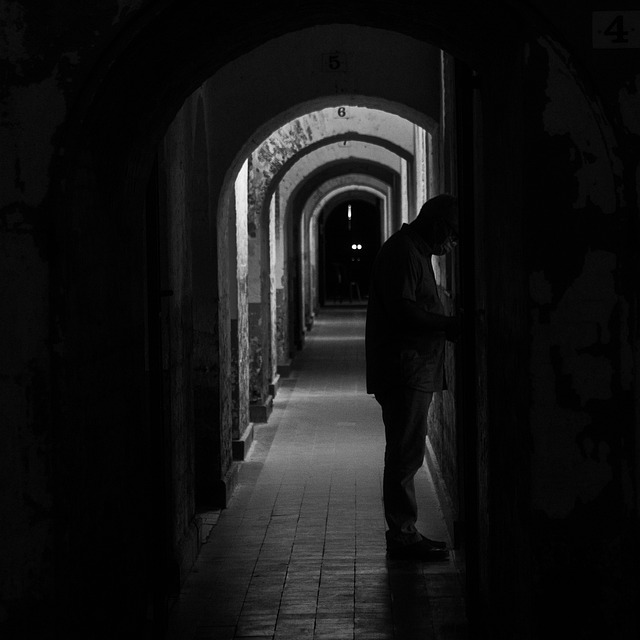
Community Resources For Justice (crj)
Introduction
The Community Resources for Justice (CRJ) organization plays a pivotal role in addressing the complexities of the justice system in the United States. By focusing on rehabilitation and reintegration, CRJ aims to reduce recidivism and promote social justice through various programs and services. This article delves into the mission, programs, and impact of CRJ, highlighting its significance in fostering community safety and individual empowerment.
Mission and Vision
CRJ is committed to transforming the lives of individuals impacted by the criminal justice system. The organization envisions a society where all individuals have access to the resources necessary for successful reintegration into their communities. This vision is rooted in the belief that everyone deserves a second chance, and that effective support systems can lead to positive outcomes for individuals and society as a whole.
Programs and Services
CRJ offers a range of programs designed to assist individuals at various stages of the justice process. These programs are tailored to meet the unique needs of clients, ensuring that they receive comprehensive support. The primary areas of focus include:
- Reentry Services: CRJ provides critical support for individuals transitioning from incarceration back into society. This includes housing assistance, job training, and counseling services aimed at reducing the likelihood of reoffending.
- Community-Based Residential Centers: The organization operates state and federal community-based residential reentry centers. These facilities offer a structured environment where individuals can receive support while reintegrating into their communities.
- Youth Programs: CRJ recognizes the importance of addressing the needs of young individuals involved in the justice system. Programs aimed at youth focus on education, mentorship, and skill development to prevent future involvement in criminal activities.
- Advocacy and Policy Reform: CRJ actively engages in advocacy efforts to promote systemic change within the justice system. By collaborating with policymakers and community stakeholders, CRJ seeks to influence legislation that supports rehabilitation and social justice.
Impact on Communities
The impact of CRJ's programs extends beyond individual clients; it resonates throughout communities. By providing essential services, CRJ contributes to:
- Reduced Recidivism: Evidence shows that individuals who receive support during their reintegration are less likely to reoffend. CRJ's comprehensive approach addresses the root causes of criminal behavior, leading to safer communities.
- Enhanced Public Safety: By focusing on rehabilitation rather than punishment, CRJ helps create a more just society. Communities benefit from reduced crime rates and increased trust in the justice system.
- Empowerment of Individuals: CRJ's programs empower individuals to take control of their lives. By providing access to education, employment, and support networks, clients are better equipped to make positive choices.
Collaboration and Partnerships
CRJ understands that effective change requires collaboration. The organization partners with various stakeholders, including government agencies, non-profits, and community organizations. These partnerships enhance the effectiveness of CRJ's programs and ensure that clients receive holistic support. By working together, these entities can address the multifaceted challenges faced by individuals in the justice system.
Conclusion
Community Resources for Justice stands as a beacon of hope for individuals navigating the complexities of the justice system. Through its dedicated programs and services, CRJ not only aids in the reintegration of individuals but also fosters safer and more equitable communities. The organization's commitment to rehabilitation, advocacy, and collaboration underscores its vital role in promoting social justice and reducing recidivism. As society continues to grapple with the challenges of crime and justice, CRJ remains at the forefront, championing the belief that everyone deserves a second chance.

















 Professional Uniforms in Reading, PA
Professional Uniforms in Reading, PA 
 Health
Health  Fitness
Fitness  Lifestyle
Lifestyle  Tech
Tech  Travel
Travel  Food
Food  Education
Education  Parenting
Parenting  Career & Work
Career & Work  Hobbies
Hobbies  Wellness
Wellness  Beauty
Beauty  Cars
Cars  Art
Art  Science
Science  Culture
Culture  Books
Books  Music
Music  Movies
Movies  Gaming
Gaming  Sports
Sports  Nature
Nature  Home & Garden
Home & Garden  Business & Finance
Business & Finance  Relationships
Relationships  Pets
Pets  Shopping
Shopping  Mindset & Inspiration
Mindset & Inspiration  Environment
Environment  Gadgets
Gadgets  Politics
Politics 